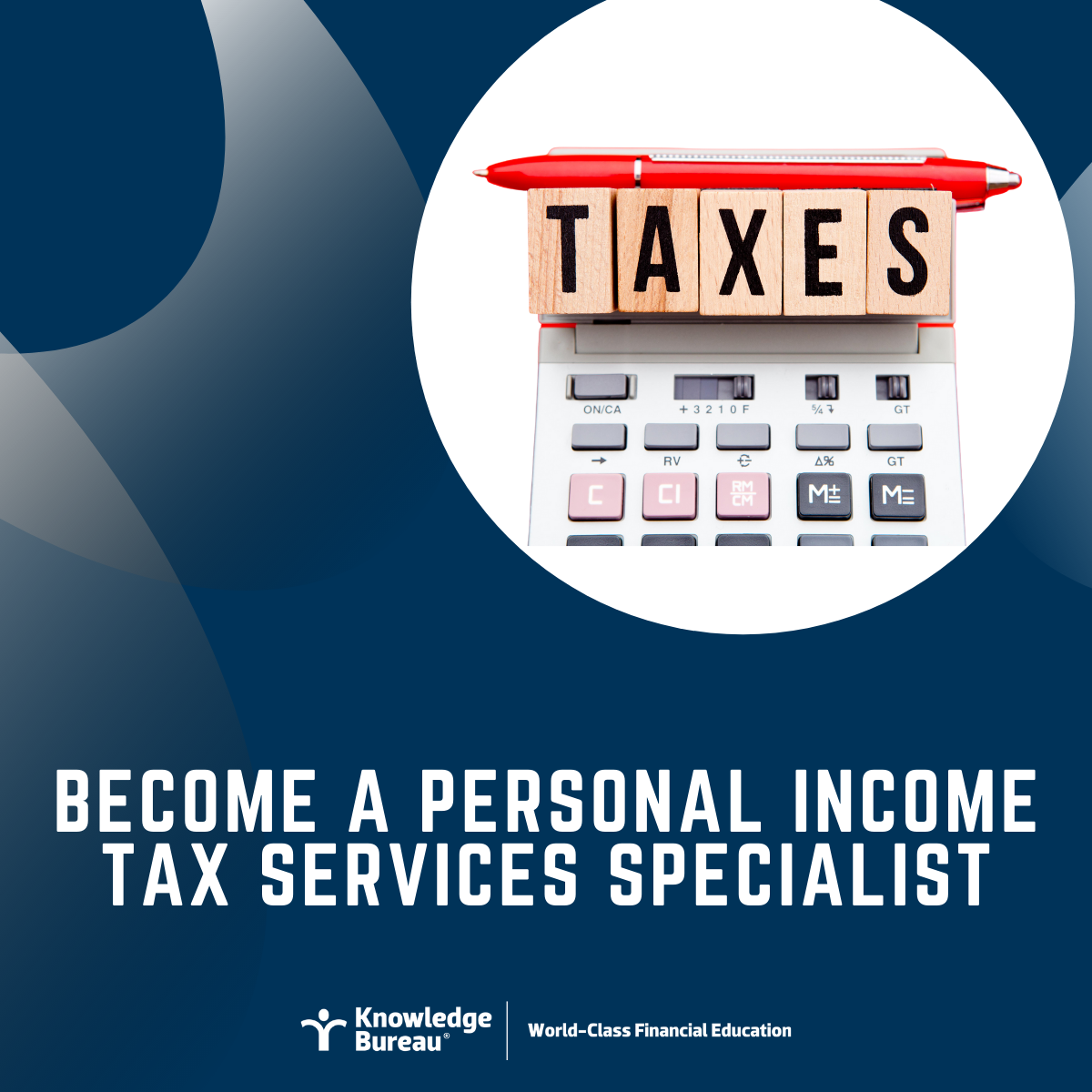Last updated: November 24 2020
At Risk Seniors Are Caregivers, Too

Evelyn Jacks
An important but underreported trend in the current pandemic is the reality that 25% of our seniors are caregivers, according to a new report released November 24 by Statistics Canada. Further, over 50% of these seniors need more financial support. Tax and financial advisors are well positioned to help.
Because they are more vulnerable to the severe risks posed by COVID, many of these seniors aged 65 and older may need to self-isolate, leaving big gaps in their responsibilities outside of the home. This includes tax and financial care, a place where advisors can help, especially if they are set up with digital and virtual ways of connecting with clients.
The study says, “The experiences and needs of older caregivers in Canada” used data from a 2018 General Social Survey on Caregiving and Care Receiving. It found that caregiving often  has an impact on a person’s health, reporting that one-third of senior caregivers found their caregiving responsibilities stressful or very stressful.
has an impact on a person’s health, reporting that one-third of senior caregivers found their caregiving responsibilities stressful or very stressful.
While more women in the age group of 45 to 54, were likely to provide care to others, it is surprising that senior men and women equally provide care if they have reached the age of 75 to 84. Amongst those over 84, more men are giving care than women, most likely to a spouse. The median amount of time spent providing care to a spouse was 20 hours a week.
How does that relate to the work tax and financial advisors do? The study reported that by far the biggest needs that went unmet were financial supports: 56% of senior caregivers reported they would like more financial support, government assistance or tax credits. This came before supports for home care, information and help from medical practitioners.
Tax and financial advisors, particularly those who work in a digital environment can help by:
- Making sure their senior clients are aware of all the tax credits they may be entitled to
- Ensuring they provide help with the new Canada Recovery Caregiver Benefits, if the caregiver had to give up working to provide care
- Ensure they are claiming missed medical expenses and disability tax credits
- Helping seniors reach back for up to 10 years to recover missed benefits on their tax return
- Provide advice on what accounts to tap into if they need more money in the short term:TFSAs for example have no tax consequences and can be replenished without penalty.
Bottom line: there is much that can be done to lighten the load of stressed seniors, especially on the financial front. Earn credentials to help as a DFA-Tax Services Specialist™.

